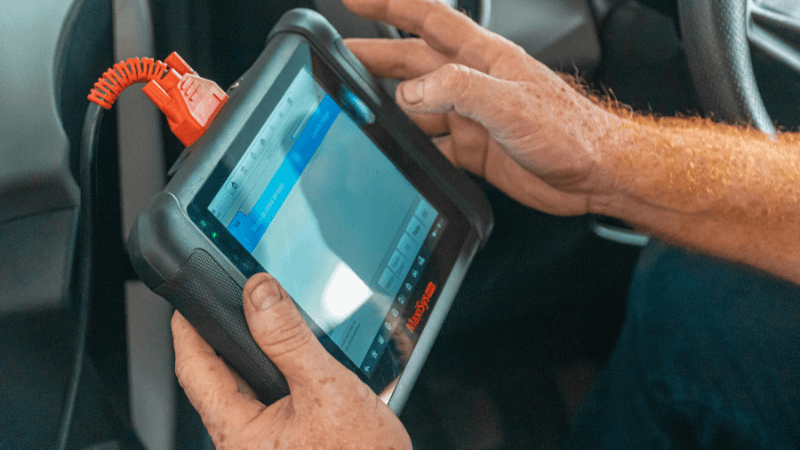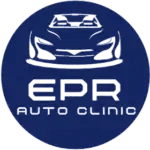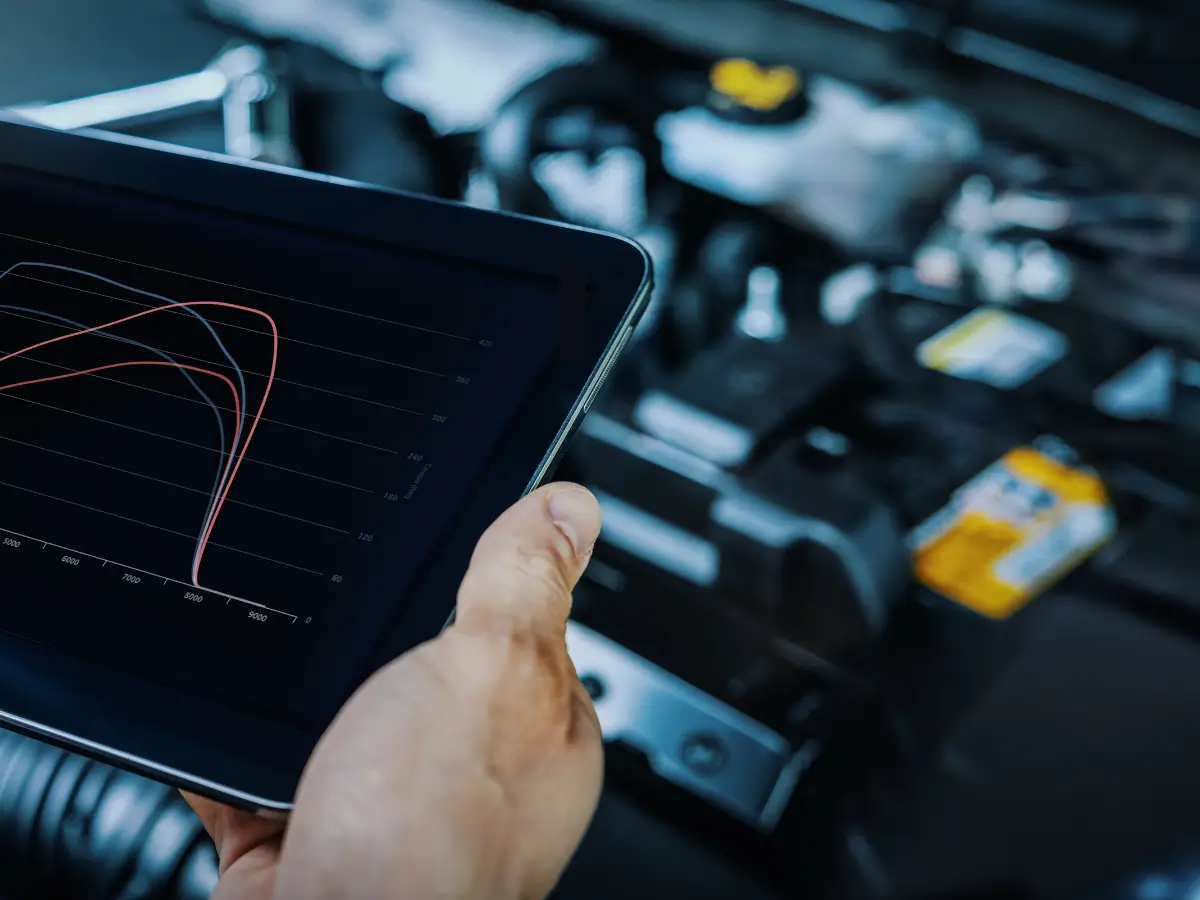Top 5 Car Error Codes you shouldn’t ignore can show up when your vehicle’s onboard computer detects a problem. Modern cars are full of sensors and systems that monitor performance and trigger these codes to alert drivers. While some may be harmless, others can lead to serious issues if left unchecked. Understanding these codes is essential to keep your car safe, efficient, and running smoothly. Let’s explore the five most common car error codes and what they actually mean.
1. P0420 – Catalyst System Efficiency Below Threshold
- What It Means: This code indicates that the catalytic converter is not functioning efficiently, which can lead to increased emissions and decreased fuel efficiency.
- Possible Causes:
- A faulty catalytic converter.
- Damaged oxygen sensors.
- Exhaust leaks or blockages.
- What to Do: Visit a trusted mechanic to diagnose the issue. Delaying repairs can harm the environment and affect your car’s performance. At EPR Auto Clinic, we specialize in identifying and fixing catalytic converter problems.

2. P0171 – System Too Lean (Bank 1)
- What It Means: The engine is running with too much air and not enough fuel on the first bank of cylinders, leading to poor combustion.
- Possible Causes:
- Vacuum leaks.
- A faulty mass airflow sensor (MAF).
- Low fuel pressure or clogged fuel injectors.
- What to Do: This issue can cause rough idling and higher fuel consumption. Schedule an inspection with a professional to check your fuel system and sensors. Regular maintenance can prevent such problems.
3. P0300 – Random/Multiple Cylinder Misfire Detected
- What It Means: The engine is misfiring in one or more cylinders, which can cause rough idling, reduced power, and increased emissions.
- Possible Causes:
- Worn spark plugs or ignition coils.
- Faulty fuel injectors.
- Low compression or timing issues.
- What to Do: Ignoring this code can lead to severe engine damage. It’s critical to have a professional perform a diagnostic check to identify and resolve the problem. At EPR Auto Clinic, we use state-of-the-art tools to pinpoint the issue.
4. P0455 – Evaporative Emission Control System Leak (Large Leak)
- What It Means: This code indicates a significant leak in the EVAP system, which is designed to capture and recycle fuel vapors.
- Possible Causes:
- A loose or damaged gas cap.
- Faulty EVAP hoses, valves, or charcoal canister.
- Cracks in the fuel tank.
- What to Do: Start by checking your gas cap—tightening it might resolve the issue. If the problem persists, have the EVAP system inspected by a qualified mechanic. A well-maintained EVAP system improves fuel efficiency and reduces emissions.
5. P0128 – Coolant Temperature Below Thermostat Regulating Temperature
- What It Means: The engine is not reaching its optimal operating temperature, usually due to a faulty thermostat or low coolant levels.
- Possible Causes:
- Stuck-open thermostat.
- Low coolant levels or leaks.
- Faulty temperature sensor.
- What to Do: Driving with this issue can reduce fuel efficiency and strain your engine. Replace the thermostat or top off the coolant as needed. Regular checks on your cooling system can prevent.
Overheating and costly repairs.
Understanding these error codes can save you time and money while keeping your car running smoothly. Error codes like P0420, P0171, or P0300 shouldn’t be ignored, as they can lead to expensive repairs or unsafe driving conditions. If your check engine light comes on, don’t wait—get a diagnostic check right away.
If you’re in Newark, NJ, visit EPR Auto Clinic LLC for expert diagnostics and reliable service. Our experienced team will ensure your car stays in top shape, delivering trusted auto repair solutions that prioritize safety and performance.
Got an error code? Schedule your diagnostic check today by calling (973) 392-6830. Learn more about our services here.
Let us help you get back on the road with confidence!





